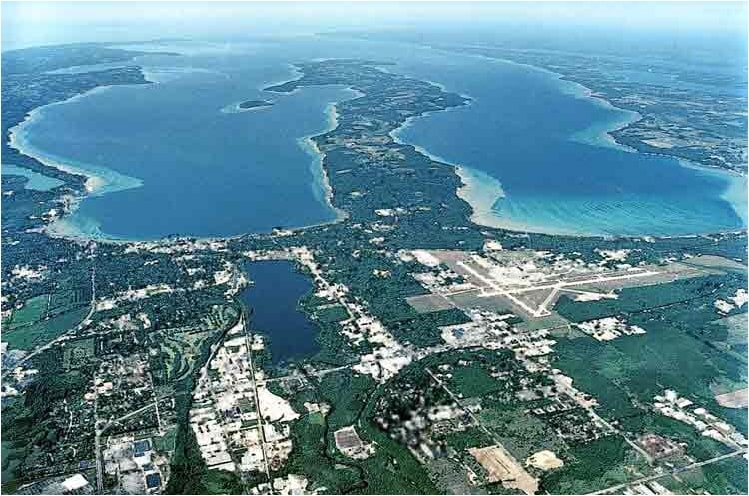Can Marketing Combat Seasonality?
The effect seasonality has on a tourism business is a major marketing challenge.
Trying to keep their heads above water when the season is slow, and then working over-time during peak season is a constant battle for so many tourism businesses. But the reality is all industries are the same.
In order to minimize the impact of seasonal trends, business owners need to think of parts of their business they can control to generate demand when it’s not typically sought after by the market.
Below are 5 marketing tactics that combat seasonality and create demand for your product all year round.
- Build your email database all year round
Email marketing really comes into its own when sales or bookings are slim pickings.
The reason being is that a database of people who are genuinely interested in your brand, and who want to hear from you on email (as they subscribed themselves to your database) are more likely to buy from you than those who aren’t subscribed!
Some simple ways to build your email database include:
- Setting up an ‘opt-in’ to encourage people to subscribe to your list
- Promote your ‘opt-in’ and signup form on your website (pop-up, side bar, footer), and social media accounts
- Implement a ‘low season’ content strategy
Regardless of when people choose to travel, they are dreaming of their next vacation all year round. So leading up to the slow season, publishing blog posts that are centered around experiences they can enjoy in your region during the off-season.
The process of doing this includes:
- Start with brainstorming a list of experiences that people will enjoy
- Get out and about in your region, and take some photos and videos of those experiences during the low season (so people can see real-time what it’s like at that time of year)
- Optimize your blog posts for search queriesthat relate to the content on the page, to ensure it gets maximum visibility
- Share your blog posts with your social and email communities, and make sure you re-share it during your peak and shoulder season to drive demand before you hit the low season
- Create experience packages with complementary tourism businesses
Packaging an itinerary is a great way to drive demand, as the dreaming and planning stages are done for them! You can value add these packages with product or experiences that you don’t offer in the peak season, which then encourages forward bookings.
So, take control of the reigns, and work with other businesses in your area to package an irresistible experience that can only be accessed and enjoyed in the low season.
- Re-engage your locals & offer special deals for loyal customers
- Your local community is often your bread and butter, so it’s important that you place a value on their support
- You may want to do a mid-week accommodation special, or throw in a unique/tailored experience for any bookings throughout the low period
- Then, start promoting your loyal customer deals via a targeted email marketing campaign, and ensure you track the return on investment of the campaign to see whether it worked for your business
- Leverage tourism events in your region
Tourism events are a massive draw for most destinations, and are often planned to relieve seasonality pressure or enhance the natural seasonal attributes a region has to offer.
There are plenty of ways businesses can leverage the increased demand for these tourism events, including:
- Using the event #hashtag in your relevant social media posts—use your own image database to create event-related posts, as this will not only help the event owners get the message out there, but also create demand for the event
- Help promote the event on your social and email, which may give your followers a reason to visit/stay/play in your destination
- Develop an event ‘value add’ deal (this will show that your product is connected to the event, and will hopefully increase bookings / sales during the event period)
Try these marketing tactics to even out the seasonality within your business. What do you have to lose?
